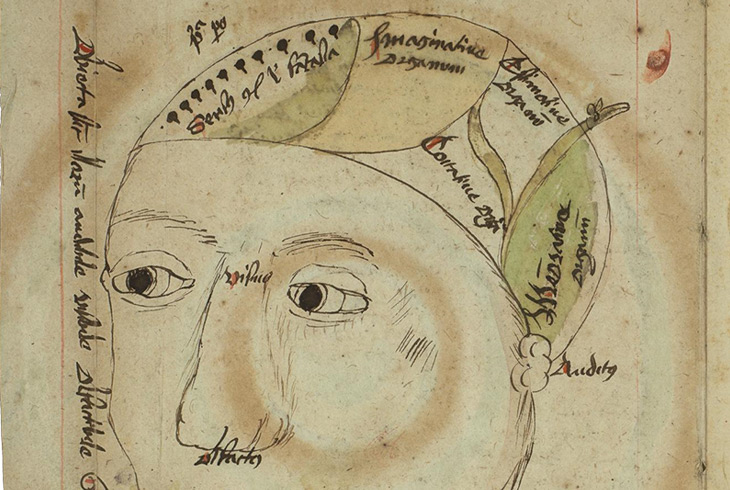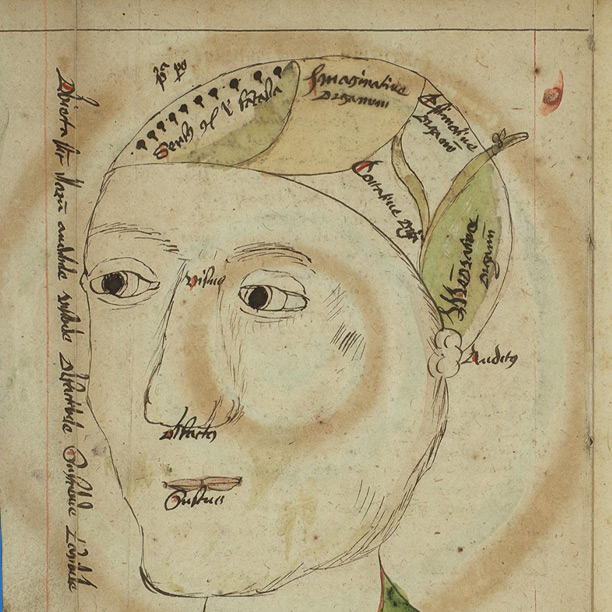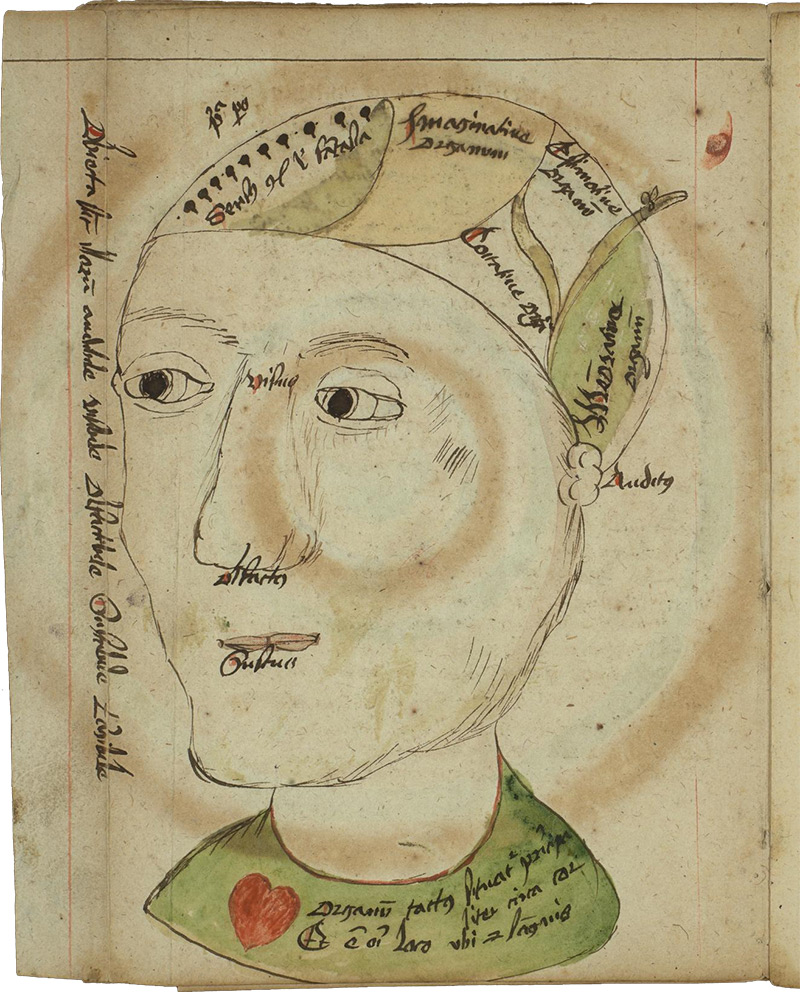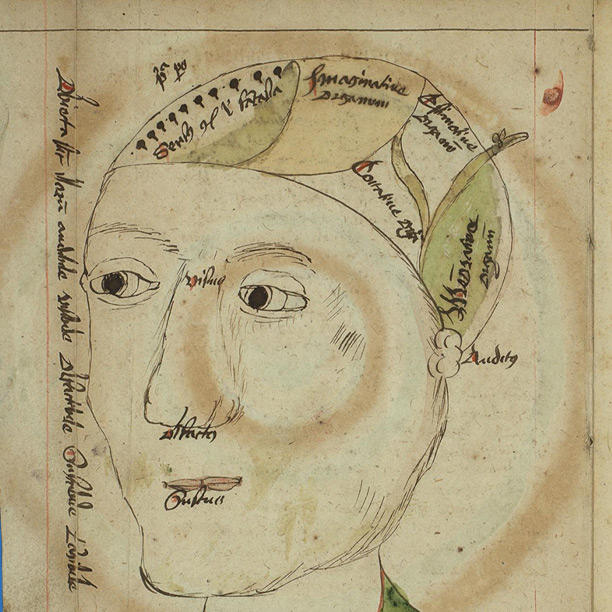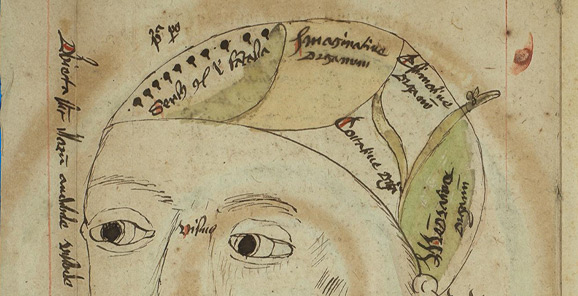This talk explores how experience—natural knowledge from the sensorium—was translated into science—understanding natural laws and causation—in both the Arabic and Latin Middle Ages. Beginning with Arabic concepts of trial and proof from scholars working in the 4th/10th-5th/11th centuries, experience and its close cognate, experiment, were adopted into Latin natural philosophy in the thirteenth century as tools for confirming natural knowledge, and to signify knowledge that dealt with particular phenomena and knowledge from multiple social registers. By tracing this concept over several centuries and linguistic regimes, I demonstrate the capacious set of practices and ideas that experience denoted in thirteenth-century Latin culture, arguing that this expanded capacity represents a departure from both the earlier Arabic terms and their meanings, and the later, more specific set of scientific experimental practices in the sixteenth century and seventeenth centuries.
This event is free and open to the public. Registration has closed.
Elly R. Truitt is Associate Professor in the Department of the History and Sociology of Science at the University of Pennsylvania. Author of Medieval Robots: Mechanism, Magic, Nature, and Art (Penn, 2015), Professor Truitt studies the circulation of scientific objects and natural knowledge throughout central and western Eurasia and north Africa, from antiquity into the early modern period. She has a particular interest in how scientific ideas, practices, and objects traveled and were adapted to new settings, and philosophical treatises, archival material, literary texts, lyric, material objects, and images all inform her work.
